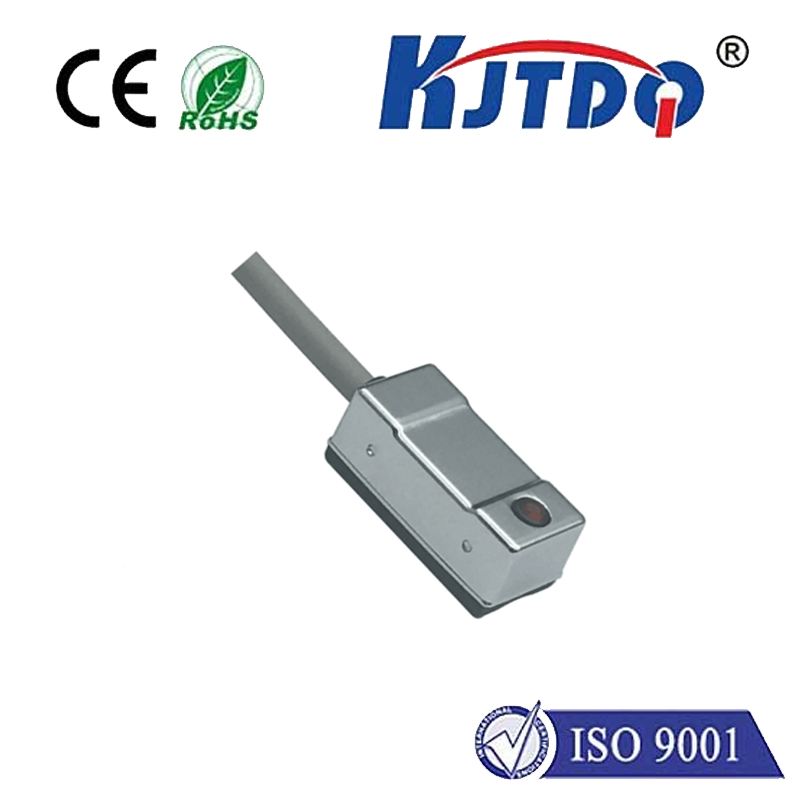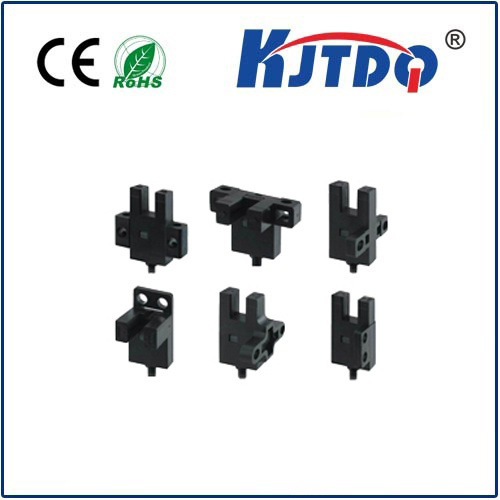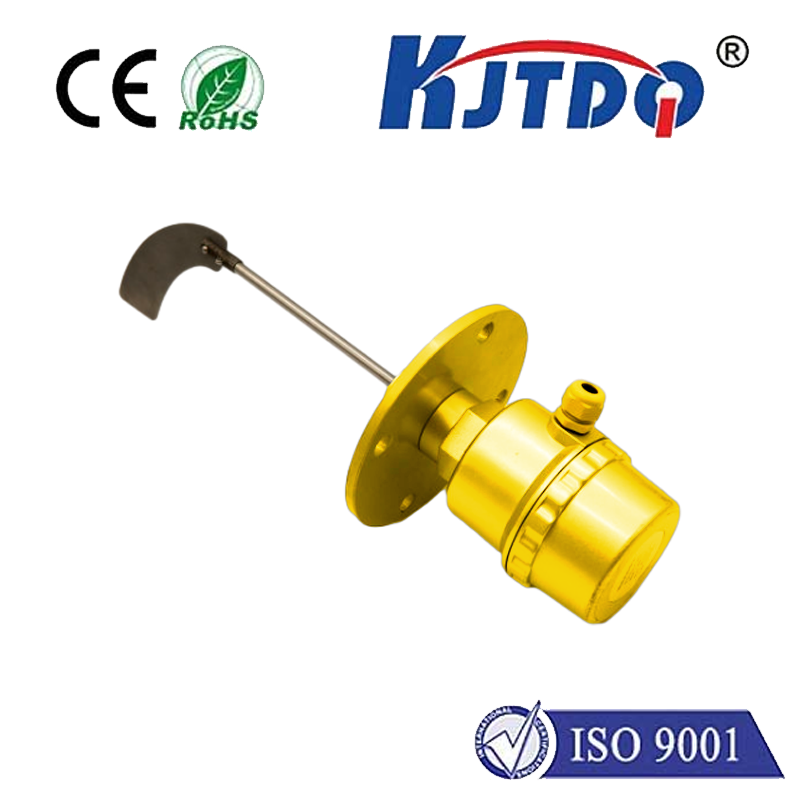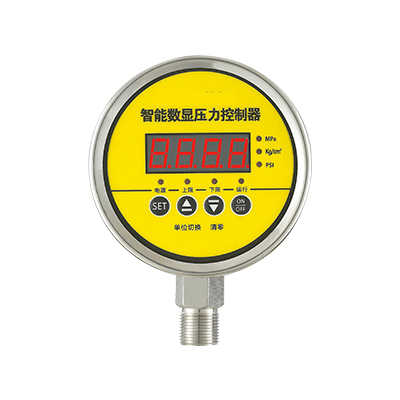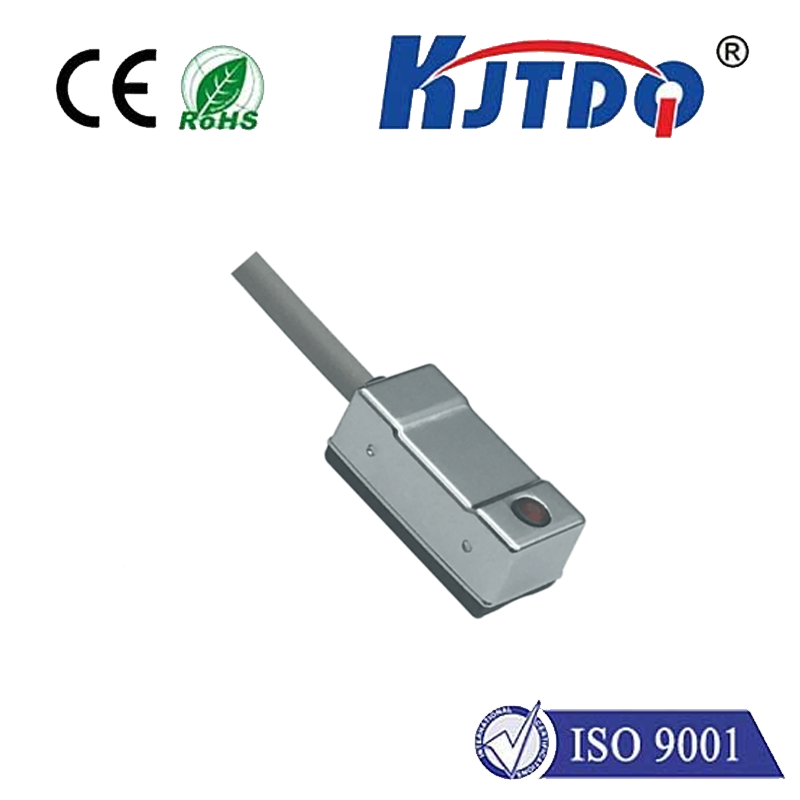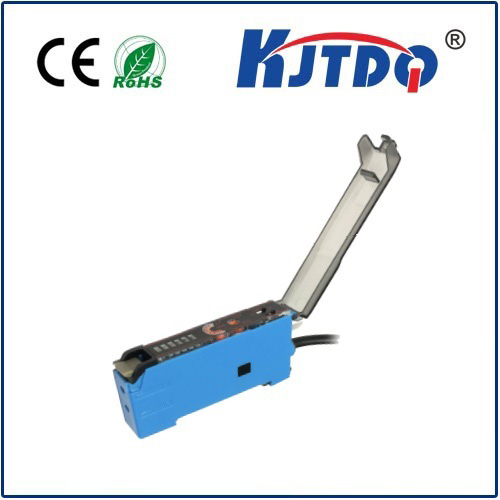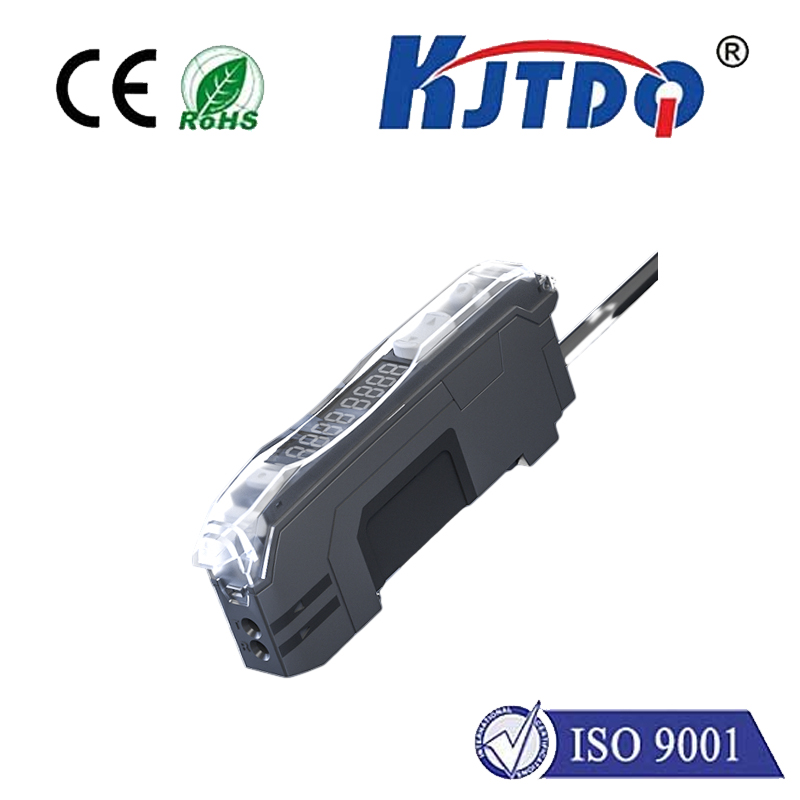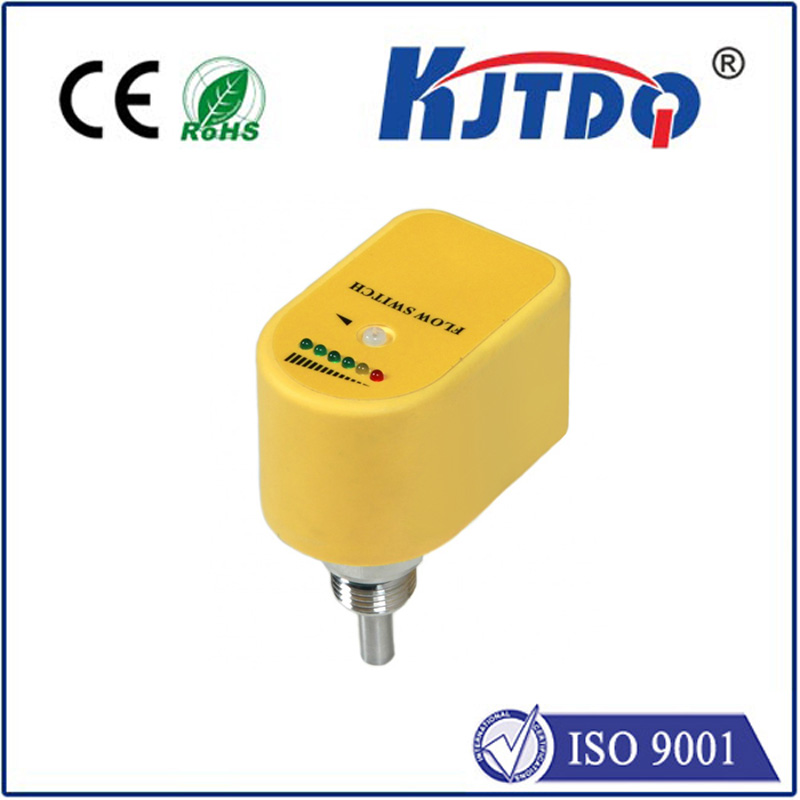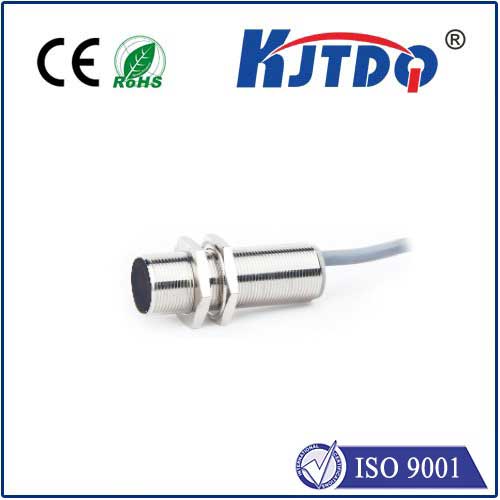
check

check

check

check
Title: The Power of Sensor Capacitive Proximity Technology
In the realm of modern technology, sensor capacitive proximity has become a game-changing innovation with widespread applications in various industries. This cutting-edge technology utilizes electric fields to detect the presence or absence of nearby objects without any physical contact. In this article, we will delve into the fascinating world of sensor capacitive proximity and explore its potential benefits and uses.

Capacitive proximity sensors work on the principle of measuring changes in an electric field caused by the presence of an object. When an object comes close to the sensor, it distorts the electric field, causing a change in capacitance that can be detected and measured. This non-contact method of detection provides several advantages over traditional sensing technologies such as improved reliability, reduced maintenance, and increased durability.
One of the most significant advantages of sensor capacitive proximity is its ability to detect objects made from different materials, including metals, plastics, and even liquids. This flexibility makes it ideal for use in a wide range of applications, from automotive systems like keyless entry and parking assistance to industrial automation and robotics. It can also be used in medical devices, such as prosthetic limbs that respond to muscle movements, providing users with greater control and comfort.
Another notable benefit of sensor capacitive proximity is its high sensitivity, which allows it to detect objects at very small distances. This feature is particularly useful in applications where precise measurements are required, such as manufacturing processes that require accurate positioning of components. Additionally, since there is no physical contact between the sensor and the object being detected, there is virtually no wear and tear on the sensor itself, resulting in longer lifespans and reduced downtime.
Moreover, sensor capacitive proximity offers excellent immunity to environmental factors such as dirt, dust, moisture, and temperature variations. These properties make it highly suitable for harsh environments where other types of sensors may fail. For example, in outdoor applications like traffic monitoring or weather forecasting, where exposure to extreme weather conditions is common, sensor capacitive proximity sensors can provide reliable data without the need for frequent maintenance or replacement.
In conclusion, sensor capacitive proximity technology represents a major advancement in the field of sensing technologies due to its unique capabilities and versatile nature. With its ability to detect a wide range of materials, high sensitivity, and resistance to environmental factors, it has become an essential tool for many industries seeking to improve efficiency, accuracy, and reliability. As this technology continues to evolve, we can expect even more innovative solutions that will shape the future of sensing and automation.
